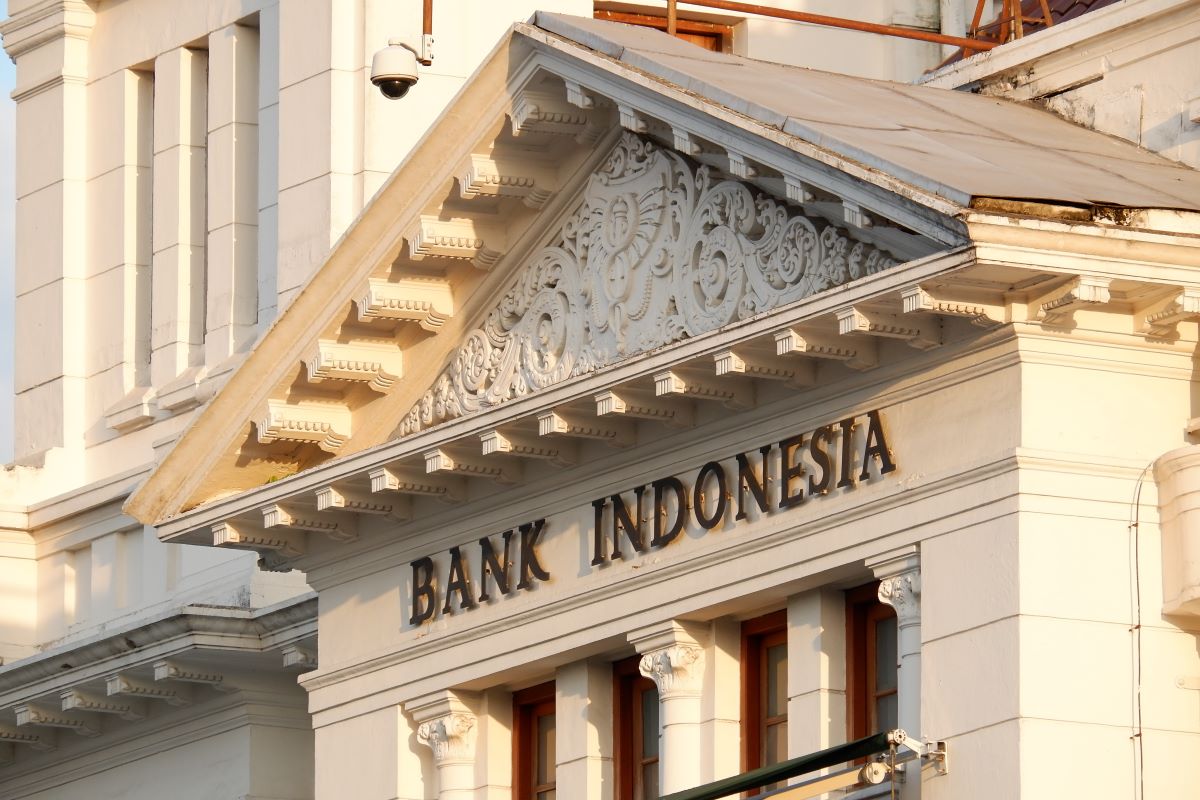Lawmakers in Indonesia are again considering a finance reform bill which seeks to increase government influence in the decision-making process of the country’s central bank. The proposed law aims to expand the powers of the Bank of Indonesia and give it additional responsibilities to contribute to the country’s economy.
Indonesia has been mulling introducing the finance reform bill to give politicians a say in determining the direction of the monetary policy in consideration of the economic strategy of the government.
Bank of Indonesia stripped of autonomy?
The draft law proposes that the central bank be given the responsibility of job creation, supporting sustainable economic growth, and keeping stability in the financial system. Indonesia, Southeast Asia’s largest economy, has been attempting to increase government oversight in the workings of the central bank but has been unsuccessful due to pushback from investors.
Indonesia is among the few countries in Asia that have been relatively unaffected by global inflationary pressure, largely thanks to its robust fundamentals as well as trade mix which is helping it stay afloat. Bank of Indonesia was quick to act in the form of successive interest rate cuts after the pandemic hit. While most central banks have hiked rates recently, the central bank has continued with its ultra-loose monetary policy citing the ability to control inflation.
Among the new proposed powers of the Bank of Indonesia, the central bank will be able to finance government debt. Back in 2020, the central bank was given a one-off chance to fund government debt as state coffers ran empty, but lawmakers believe such a facility could be useful in times of crisis. Most central banks around the world can already buy government bonds.
If the bill becomes a law, the Bank of Indonesia will be able to buy bonds in the primary market as well as repurchase government securities held by private companies. In case of liquidity issues in the banking sector, the central bank can also reverse-repurchase debt papers from the Indonesia Deposit Insurance Corporation.
The country has been attempting to overhaul its financial sector laws since before the pandemic hit its shores, and recently the parliament’s finance commission revived discussions to draft the financial sector law in consultation with economists and bankers.
Among other things, the Indonesian Democratic Party of Struggle (PDIP) has proposed to extend the five-year tenure of the board of governors by a maximum of two times. Additionally, another political faction called Golkar recommends including the digital rupiah as the official currency issued by the central bank.
Digital rupiah, Indonesia’s proposed Central Bank Digital Currency (CBDC), is being developed with priority in the country with the first whitepaper expected to be released soon. Taking note of other central banks in the region exploring CBDC, Bank of Indonesia’s governor Doni Primanto Joewono said cryptocurrencies and crypto-assets may pose a risk to financial stability and that is why the bank is studying its viability.
Back in June, the Bank of Indonesia held its key interest rate steady at 3.50% even as some economists expected the country to hike rates. However, Indonesia’s annual inflation quickened to 4.35% in June, higher than the central bank target range of 2% to 4%, which may prompt a steep rate hike in the next quarter.


 Australia
Australia China
China India
India Indonesia
Indonesia Japan
Japan Malaysia
Malaysia Philippines
Philippines Singapore
Singapore South Korea
South Korea Taiwan
Taiwan Thailand
Thailand Vietnam
Vietnam







